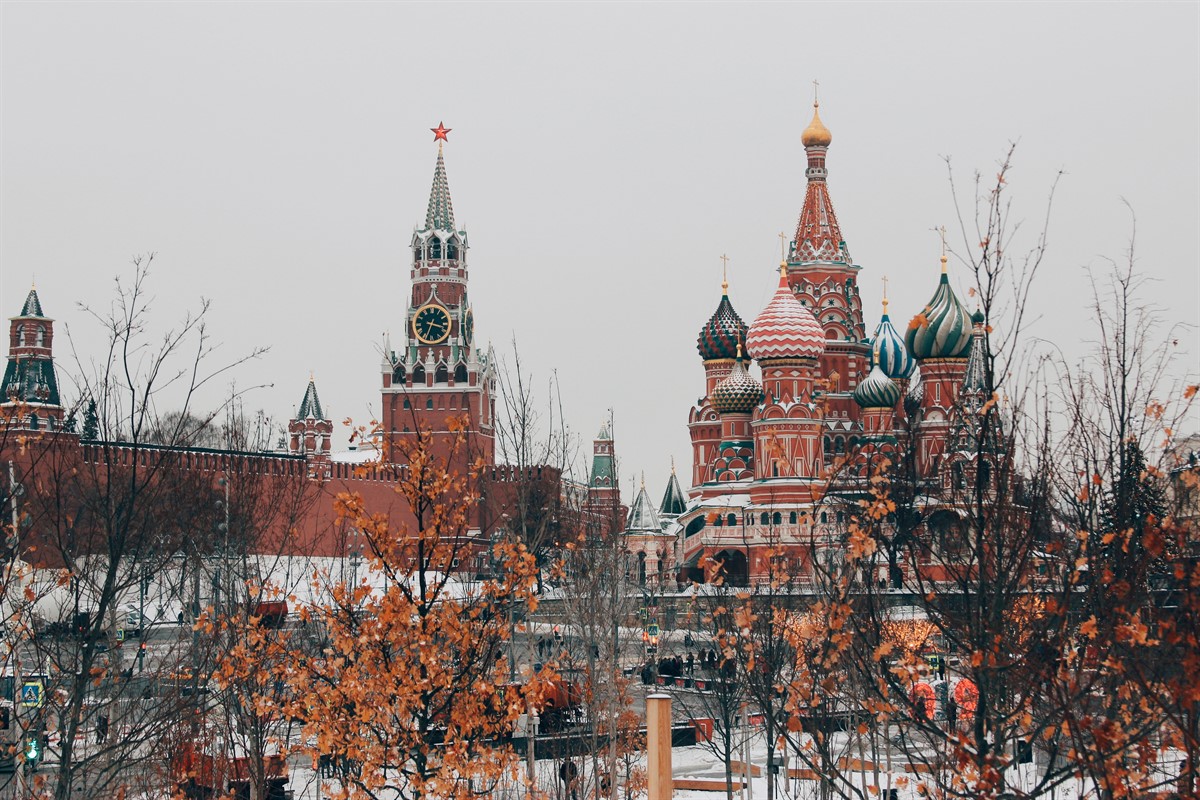The government has indicated that sanctions are designed to show support for Ukraine and the NFU supports this objective.
It is important, however, that members understand how some of these sanctions might impact their businesses.
The sanctions regime
The detailed briefing identifies the most relevant sanctions to the UK agricultural sector and the steps that farmers can take to help ensure that they don’t inadvertently breach the sanctions regime.
Monitoring developments
The government is likely to increase economic sanctions against Russia further.
The international trade team will monitor the situation and update members of any developments.
It is worth noting, that the trade sanctions so far (excluding gold and energy) will apply to over 96% of Russian goods imports to the UK and to over 60% of UK goods exports to Russia.
Impact of the sanctions on Russia
Following the economic sanctions on trade, imports from Russia have decreased by 96.6% compared to the monthly average over the past 12 months, to £33 million in June 2022 and now stand at the lowest level since 1997. The Office for National Statistics has produced a report showing the changes in trade flows following the sanctions.
Key points from the report show trade in June 2022 compared to the previous monthly average of the past 12 months:
- Exports of machinery and transport equipment to Russia decreased by 91.3% (£118 million).
- No imports of fuels from Russia in June 2022, a decrease of £499 million compared to the monthly average to February 2022.
- Imports of material manufactures e.g. wood and cement, decreased by 90.1% to £13.4 million.
- Imports of non-ferrous metals e.g. copper, aluminium and lead decreased from £107 million (monthly average to February 2022) to £6 million in June 2022
- No imports of fertiliser from Russia in June 2022, a decrease of £8.9 million compared to the monthly average import to February 2022.
For more information, download: Briefing for members on UK sanctions regime against Russia and Belarus
